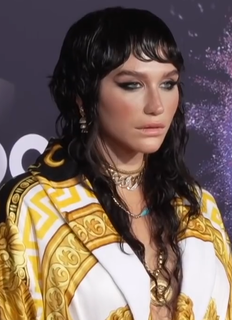A Quote by Neil deGrasse Tyson
When we see animals doing remarkable things, how do we know if we're simply seeing tricks or signs of real intelligence? Are talented animals just obeying commands, or do they have some kind of deeper understanding? One of the biggest challenges for animal researchers is to come up with tests that can distinguish between the two.
Quote Topics
Intelligence
Animal
Animal Research
Animals
Between
Biggest
Biggest Challenge
Challenges
Come
Come Up
Commands
Deeper
Deeper Understanding
Distinguish
Doing
How
Just
Kind
Know
Obeying
Real
Real Intelligence
Remarkable
Researchers
See
Seeing
Signs
Simply
Some
Talented
Tests
Things
Tricks
Two
Understanding
Up
Related Quotes
When children see animals in a circus, they learn that animals exist for our amusement. Quite apart from the cruelty involved in training and confining these animals, the whole idea that we should enjoy the humiliating spectacle of an elephant or lion made to perform circus tricks shows a lack of respect for the animals as individuals.
We need an extreme movement because what is happening to animals is so extreme. Some misinformed people claim that animal rights activists are terrorists, but these people are simply ignorant of who the real terrorists are - the companies and industries that torture literally billions of animals each year.
99% of our uses of animals, including our numerically most significant use of them for food, do not involve any sort of necessity or any real conflict between human and nonhuman interests. If animals matter morally at all, then, even without accepting a theory of animal rights, those uses of animals cannot be morally justified.
Researchers, with science as their authority, will be able to cut animals up, alive, into small pieces, drop them from a great height to see if they are shattered by the fall, or deprive them of sleep for sixteen days and nights continuously for the purposes of an iniquitous monograph. . . . Animal trust, undeserved faith, when at last will you turn away from us? Shall we never tire of deceiving, betraying, tormenting animals before they cease to trust us?
As a society, we are typically deeply disassociated from animal cruelty, but more than ever, animal protection organizations are telling the backstory. People are being forced, to confront the realities. At the same time, we have an ever-growing understanding of the intelligence and emotional capacities of animals and an acceptance of the principle that animal cruelty is a moral problem.
We believe we're seeing, in other animals, a process, or an attribute, that isn't fundamentally different from what we see in humans, so it seems to us to be spurious to call them different things. Now there are aspects of human culture that we don't find in animals, and that's really interesting, but there are also probably aspects of animal cultures that we don't find in humans, and that's really interesting.



































